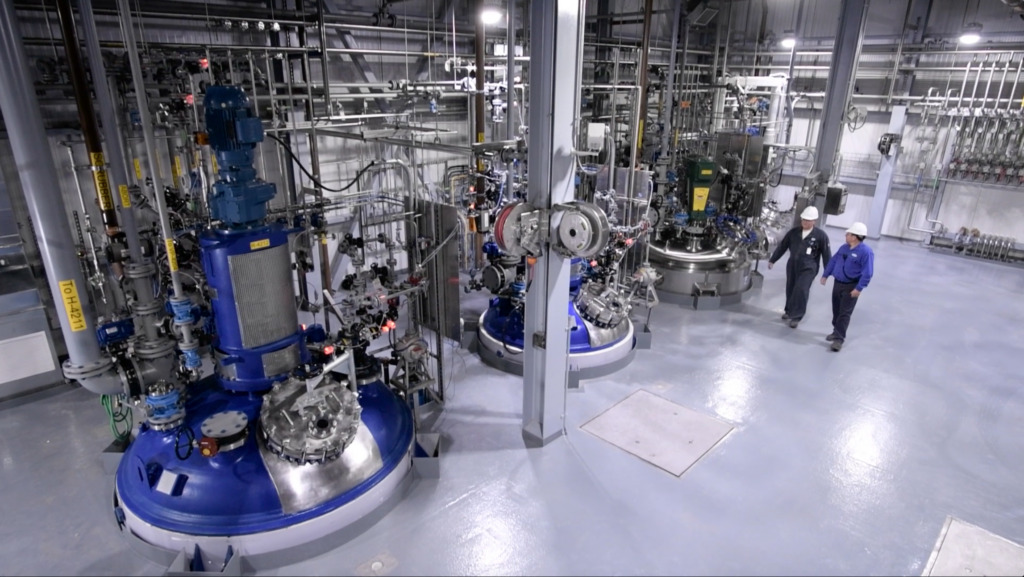
New LPPS technology from Cambrex
Submitted by:
Andrew Warmington
Cambrex’s Snapdragon Chemistry subsidiary has developed a new liquid-phase peptide synthesis (LPPS) technology that uses traditional API batch reactors and continuous flow, obviating the dependency on specialised, solid-phase reactors. It also “materially reduces solvent demand and the need for excess reagents compared to standard solid-state peptide synthesis (SPPS) processes”.
The technology supports peptides up to 12 residues long, while larger peptides are then assembled in liquid phase, using a convergent fragment coupling approach. Processes developed with it can be scaled in the same way as traditional small molecules.
Cambrex also claims to have developed unique capabilities in peptide and protein crystallisation, including a screening platform specifically for the discovery of crystalline forms of peptides and proteins. Crystallisation can deliver improved product quality and stability and reduce the need for time-consuming preparative chromatography and lyophilisation.
Separately, Snapdragon has also announced a strategic collaboration with California-based Atinary Technologies, which has developed no-code artificial intelligence (AI) platforms and technology for R&D into new molecules and chemicals.
Through this, it has integrated its proprietary LabOS software platform with Atinary’s SDLabs platform to build a fully automated, AI-driven, medium-throughput solid-phase oligonucleotide synthesiser (SPOS) for autonomous multi-objective process optimisations. By using Atinary’s platform, Snapdragon said, it has seen an 18% increase in product yield and a 22% reduction in cost compared to processes previously optimised by an experienced scientist.
